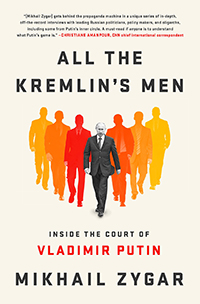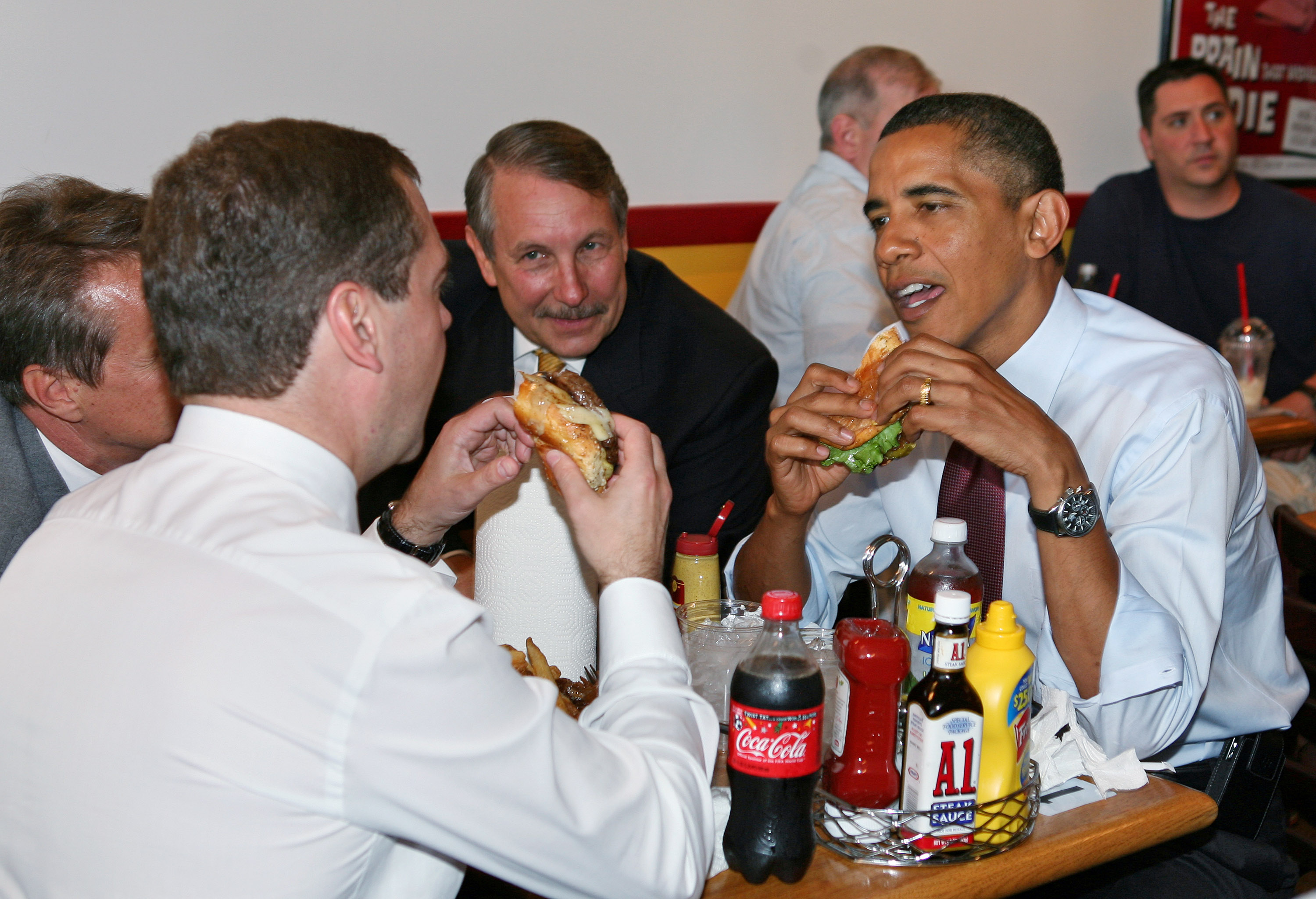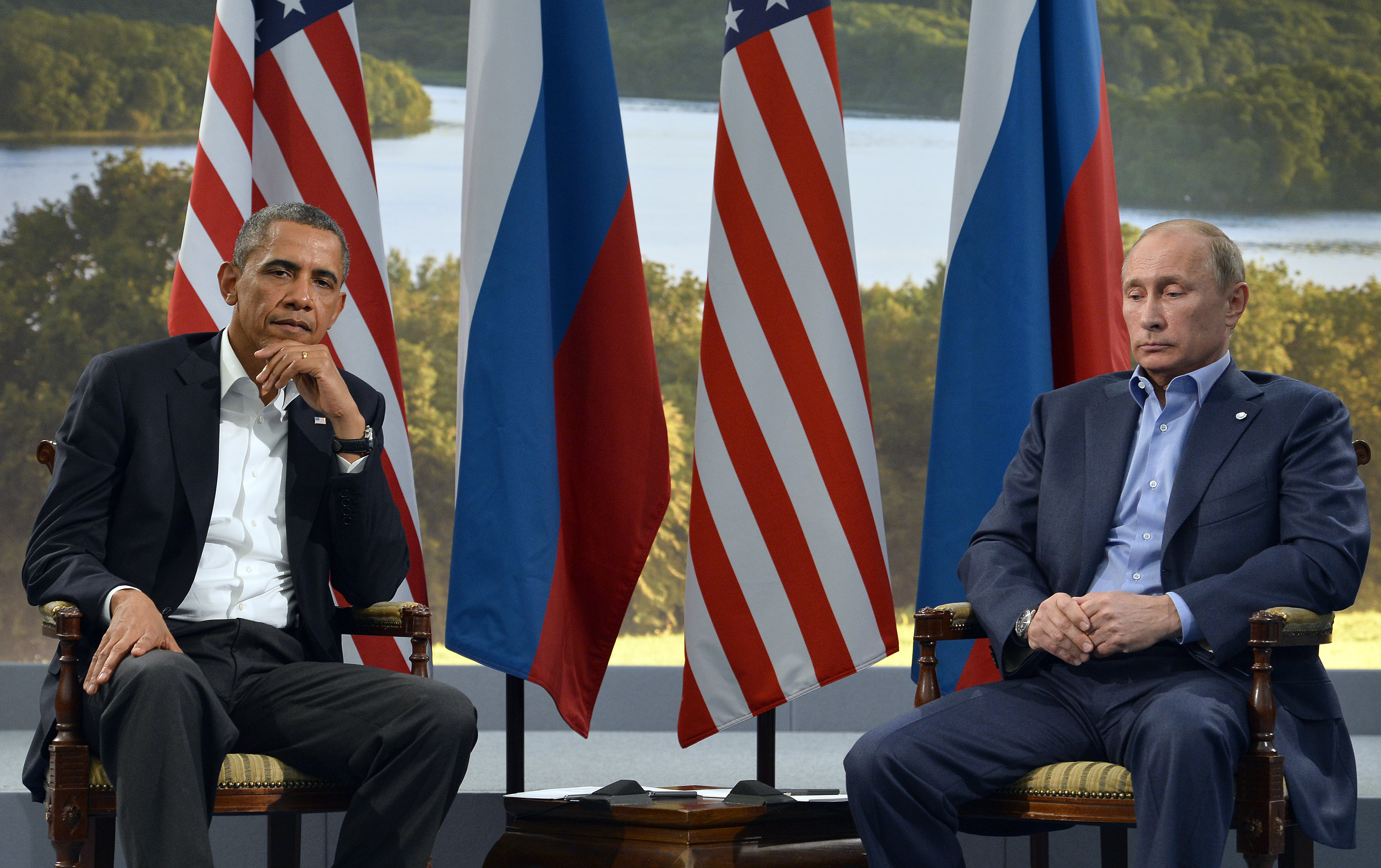This story will unfortunately be a bit long, but very important to understand who, how, when and the plan of the destruction began and when it was planned and by who....be patient, this is from the Epoch Times on 16.07.2019
Several U.S. presidents have genuinely colluded with Russia or the former Soviet Union, but none more than the 44th president of the United States, Barack Obama. It’s no exaggeration to say that Obama owes his entire career to Russian collusion.
In March 2012, President Obama made his famous “off mic” remarks to then-Russian President Dmitry Medvedev:
"This is my last election. After my election, I have more flexibility." Medvedev replied: "I understand. I transmit this information to Vladimir."
Was this some innocent remark, or was it just as it seems: a friend passing a message to a friend?
Obama has surrounded himself with pro-Moscow “friends” all his life. Why should he desert his friends just because he was president of the United States?
Just after Obama’s election to the presidency on Nov. 15, 2008, Sam Webb, then-chairman of the still pro-Moscow Communist Party USA,
told his party comrades:
"The left can and should advance its own views and disagree with the Obama administration without being disagreeable. Its tone should be respectful. We are speaking to a friend."
A lifelong friend.
Frank Marshall Davis
The young Obama, when he was 10 or 11 years old, was introduced to the Hawaii-based poet
Frank Marshall Davis by his maternal grandfather. Obama maintained a relationship with the septuagenarian Davis until he left Hawaii for Occidental College in Los Angeles at the age of 18.
Davis had been a member of the Communist Party USA in Chicago since at least 1943. He was militantly pro-Soviet, writing poems in praise of both Stalin and the Red Army.
In 1948, Davis and his communist wife moved to Hawaii. According to Davis's autobiography, he was recommended to the Hawaiian comrades by secret Communist Party USA members
Paul Robeson and
Harry Bridges of the International Longshoremen's and Warehousemen's Union.
Before going underground in 1950, the Hawaiian Communist Party was one of the most dynamic in the United States at the time. The mainland put huge resources into the Hawaiian Communist Party because the Soviets wanted the U.S. military presence on the islands shut down. The Hawaiian communists were charged with agitating against the U.S. military bases at every opportunity.
FBI documents refer to information that Davis "was observed photographing large sections of the [Hawaii] coastline with a camera containing a telescopic lens." The FBI information states: "Informant stated that DAVIS spent much of his time in this activity. He said this was the third different occasion DAVIS had been observed photographing shorelines and beachfronts. Informant advised that it did not appear he was photographing any particular objects."
The FBI clearly suspected military espionage. Davis was placed on the “Security Index,” which meant he was marked for immediate arrest should war break out between the United States and the Soviet Union.
Alice Palmer
Long-serving Illinois state Sen.
Alice Palmer provided Obama’s entrée into electoral politics. Obama was Palmer’s chief of staff when she ran unsuccessfully for Congress in 1994, then he took over her state Senate seat in 1996.
Palmer was a pro-Soviet propagandist.
In 1983, Palmer traveled to Czechoslovakia to the Soviet-controlled World Peace Council’s Prague Assembly. At the time, she served on the executive board of the Communist Party USA-dominated U.S. Peace Council.
In 1985, Palmer was part of a delegation of 16 African-American journalists to the Soviet Union, East Germany, and Czechoslovakia. Palmer represented her own Chicago-based “Black Press Institute,” which was essentially a vehicle for disseminating Soviet propaganda to America’s black population.
The trip was organized by
Don Rojas, then executive of the International Organization of Journalists (IOJ), in conjunction with the Black Press Institute, the National Alliance of Black Journalists, and the National Newspaper Publishers Association—the United States' largest organization of owners of black newspapers.
American-educated Rojas was the former press secretary to Maurice Bishop, the late communist leader of Grenada.
Palmer told the Communist Party USA’s People’s Daily World:
"The trip was extraordinary because we were able to sit down with our counterparts and with the seats of power in three major capitals—Prague, Berlin and Moscow. We visited with foreign ministers, we talked with the editors of the major newspapers in these three cities. ...
"It was a very unusual trip because we were given access. ... Every effort was made to give us as much as we asked for. ... We came back feeling that we could speak very well about the interest of the socialist countries in promoting peace." In March 1986, Palmer covered the Communist Party of the Soviet Union (CPSU) Congress in Moscow for the Black Press Institute.
In June 1986, the People's Daily World published a Black Press Institute article by Palmer on the CPSU conference, titled "An Afro-American Journalist in the USSR." The article praised Soviet "central planning" and included such statements as:
“We Americans can be misled by the major media. We’re being told the Soviets are striving to achieve a comparatively low standard of living compared with ours, but actually they have reached a basic stability in meeting their needs and are now planning to double their production.”
Palmer was elected IOJ vice president for North America at the organization's 10th Congress, held Oct. 20 to 23, 1986, in Prague. She also traveled to the Soviet Union and Bulgaria during the same trip. Palmer's duties were to include coordinating the activities of IOJ chapters in the United States, Canada, Mexico, and the Caribbean.





